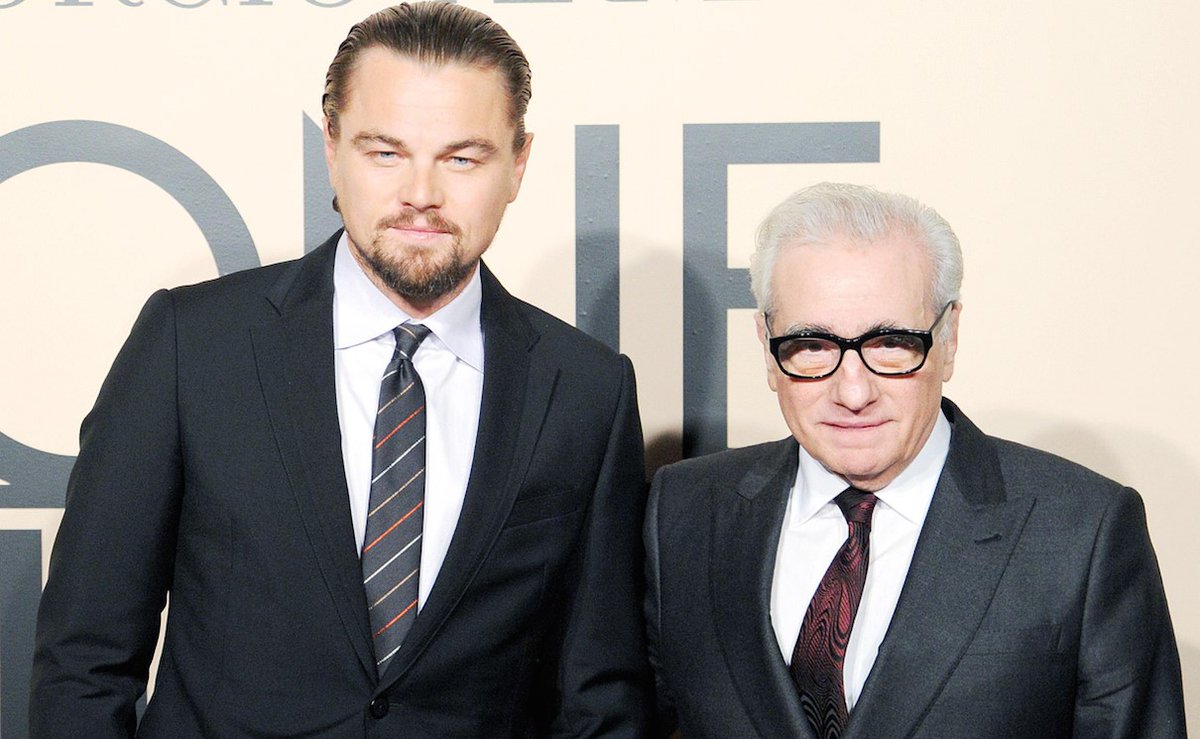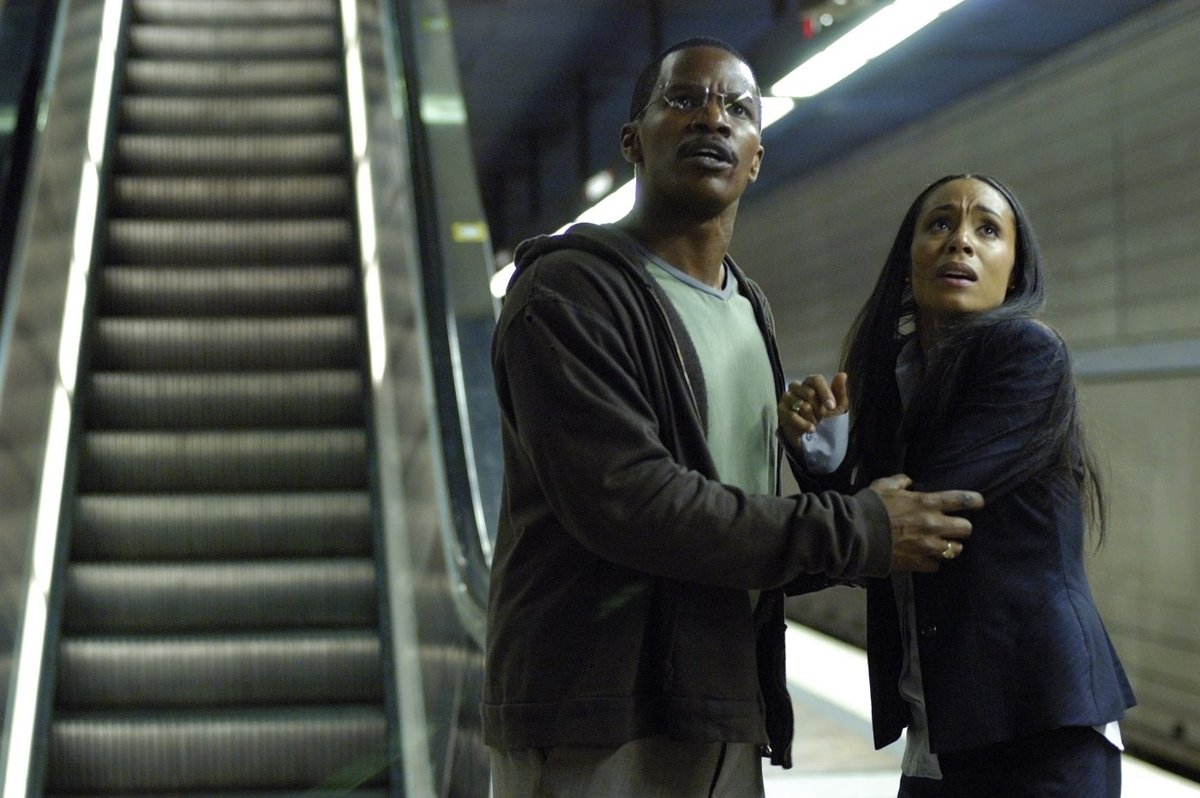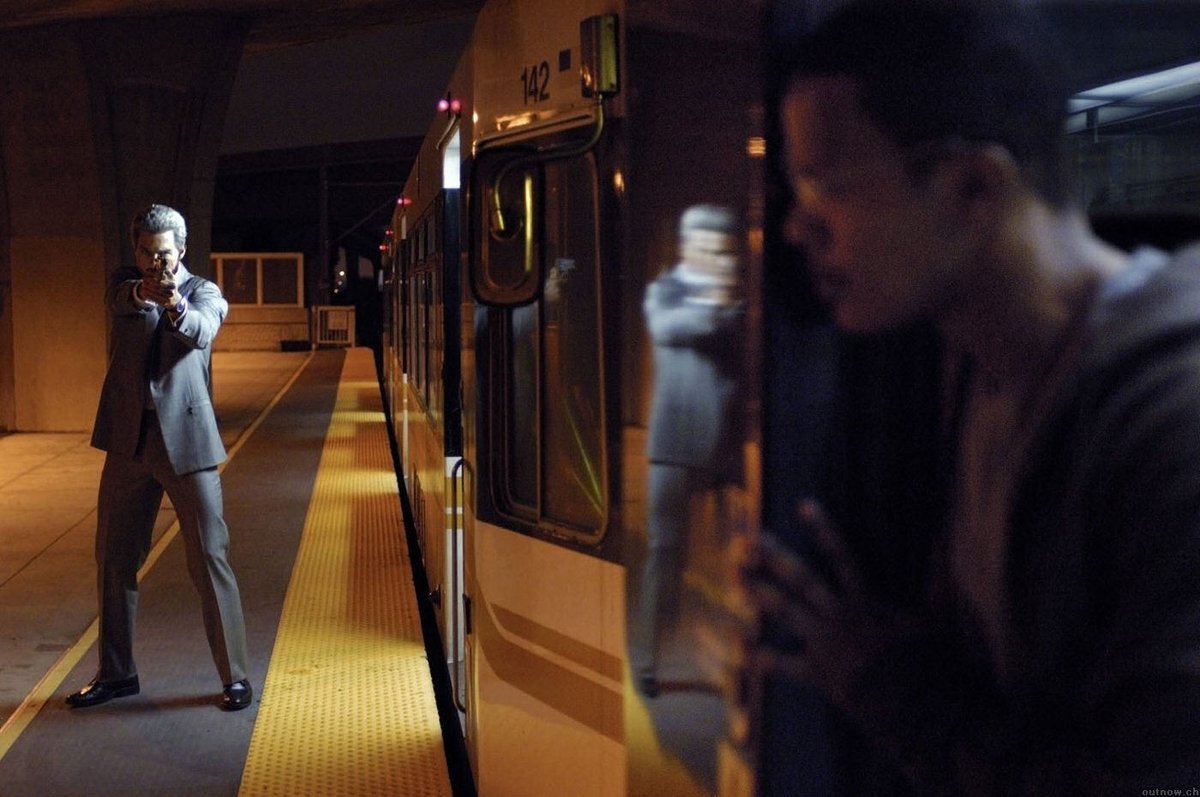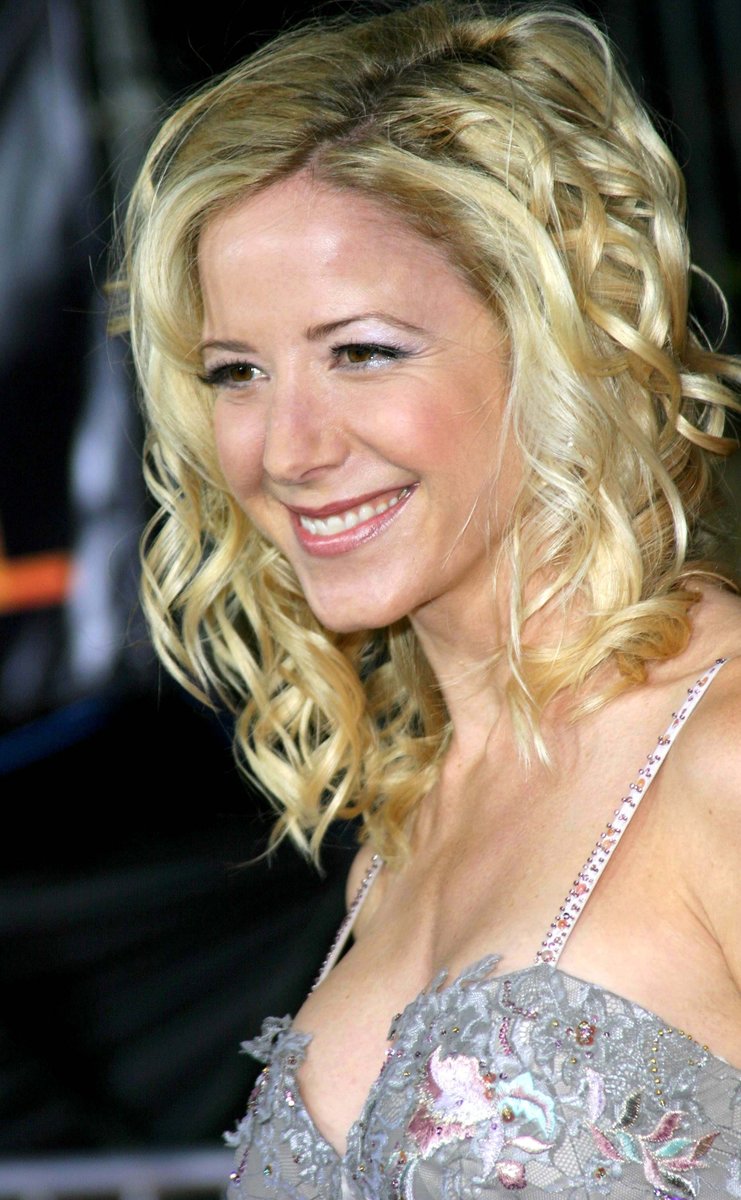UNFORGIVEN was released 31 years ago today. Acclaimed as one of the greatest ever westerns, and among Clint Eastwood’s best work, the making of story is as impressive as the film…
A THREAD
1/32




A THREAD
1/32




In 1976, The Shootist was released. Film editor David Webb Peoples was writing screenplays in his spare time and the Johnn Wayne film inspired him to write an honest neo-western that dissected the genre whilst honouring its classic tropes.
2/32


2/32


Webb Peoples sent his script round Hollywood. It was read by Clint Eastwood’s script reader Sonia Chernus (writer of The Outlaw Josey Wales). Chernus told Eastwood “[An] inferior piece of trash… I can’t think of one good thing to say about it. Except, get rid of it FAST.”
3/32



3/32


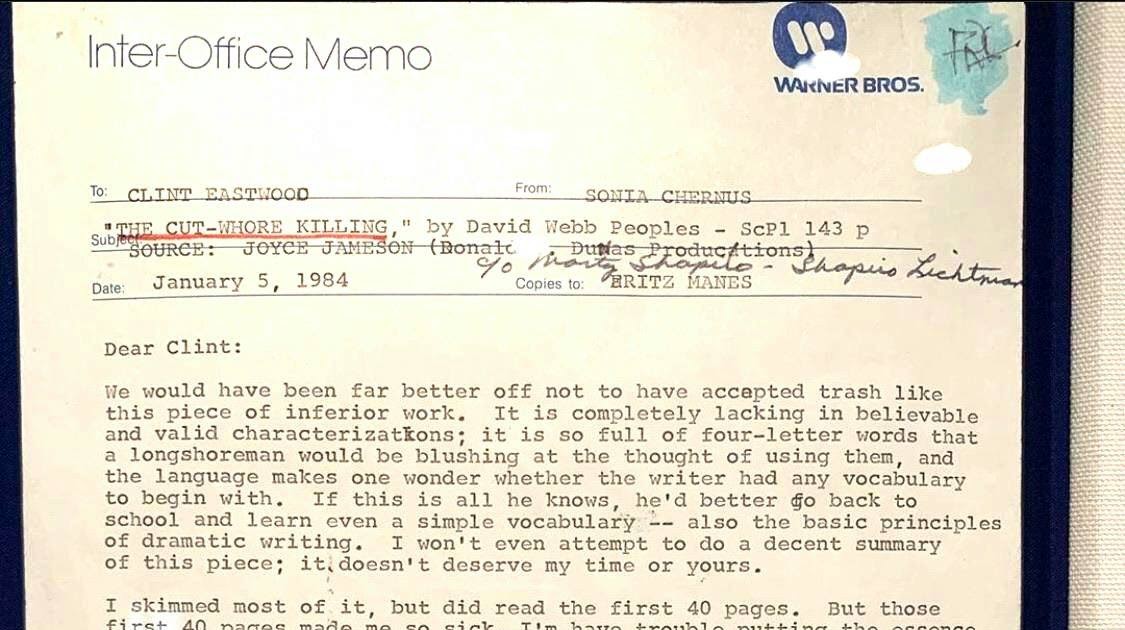
In the early 1980s, Francis Ford Coppola was sent the script. He loved it and optioned it. Coppola struggled to get the finances together though, and the project fell through.
4/32


4/32


If Coppola had made the film, the actor he had in mind to play protagonist William Munny was John Malkovich. Malkovich later said: “The offer wasn’t very serious, thank God! I would’ve been a total, failure. I would’ve just been acting-schmacting.”
5/32


5/32


Eventually, after it sat in his drawer for 10 years, Eastwood did read Webb Peoples’ script, and loved it He waited a few years until he was old enough to play Munny himself, then Eastwood was making Unforgiven, as director-lead actor.
6/32


6/32


The cowboy boots that Eastwood wore in Unforgiven are the same boots that he wore in the 1950s US TV show Rawhide. They’re now part of Eastwood’s private collection.
7/32


7/32


Eastwood only ever wanted Gene Hackman for the role of Sheriff ‘Little Bill’ Daggett. Hackman was impressed with the script but turned the part down. He felt the film glorified violence and gun culture too much.
8/32


8/32


Eastwood called Hackman and said “That’s the opposite of the film I want to make… I want to show the inglorious, and dark side of the wild west… something that shows that side of gun violence.” Hackman made notes on the script that Eastwood approved, and joined the cast.
9/32


9/32


In 1991, Rodney King was beaten by LAPD officers on camera, leading to a public outcry against police racism. L.A. Chief of Police was Daryl Gates, and Eastwood asked Hackman to model Little Bill on Gates. Hackman called Ned Logan’s torture “my Rodney King scene.”
10/32



10/32


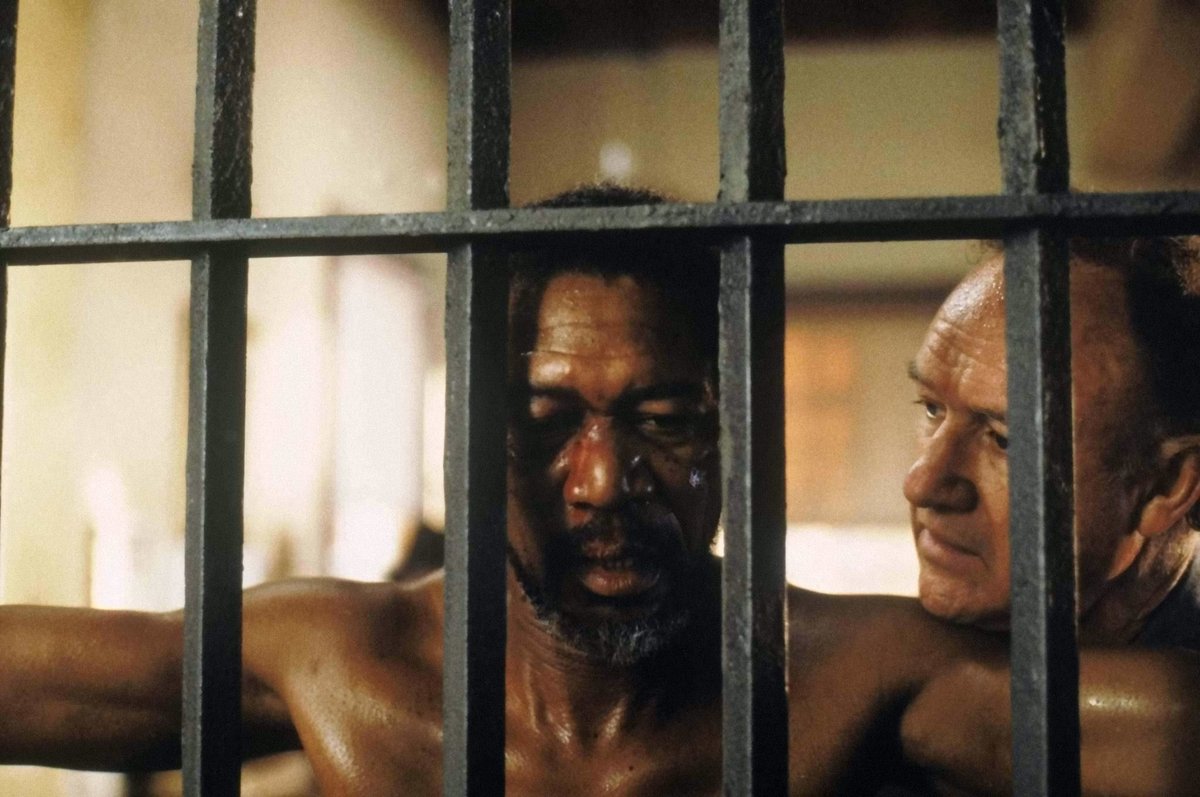
When Morgan Freeman was filming Robin Hood: Prince Of Thieves, Kevin Costner told him about Unforgiven and said there was a part in there he’d be great for. Freeman read the script and called Eastwood to say he wanted in. Eastwood thought he’d be great so cast him as Ned.
11/32


11/32


Richard Harris plays gunslinger English Bob. When Eastwood approached him about the role, Harris was actually watching an Eastwood film. Here’s Clint telling the story…
12/32
12/32
Bob speaks with an upper class accent, and Harris said to Eastwood: “It would be great if I could play this man as an upper-class fake, and at the end.. all of that drops, and he speaks in a lower-class cockney accent.” Eastwood loved it and said to do it.
13/32




13/32




Eastwood’s mother was in her 80s at the time and was almost in the film. Ruth Wood was going to appear as an extra in a scene where she boards a train. Eastwood had her working a full days’ shooting in a heavy dress. But in the edit, he cut the scene out of the film.
14/32
14/32

Around the time Webb Peoples was writing the script, Scorsese’s Taxi Driver was realised, depicting brutal violence. He said "Taxi Driver opened up what entertainment could be. It said, 'Yeah, you can write this kind of stuff and it'll be entertaining.'"
15/32


15/32


When Eastwood first read Webb Peoples’ script he had some ideas for changing it but said “The more I fiddled with it, the more I realized I was screwing it up.”
He did change the title. It was originally called The Cut-Whore Killings and then The William Munny Killings.
16/32


He did change the title. It was originally called The Cut-Whore Killings and then The William Munny Killings.
16/32


Shooting scripts are often multicoloured – red and blue markings and notes signify script changes. Frances Fisher (Strawberry Alice), said this was the first time she saw a shooting script that was entirely in white.
17/32


17/32

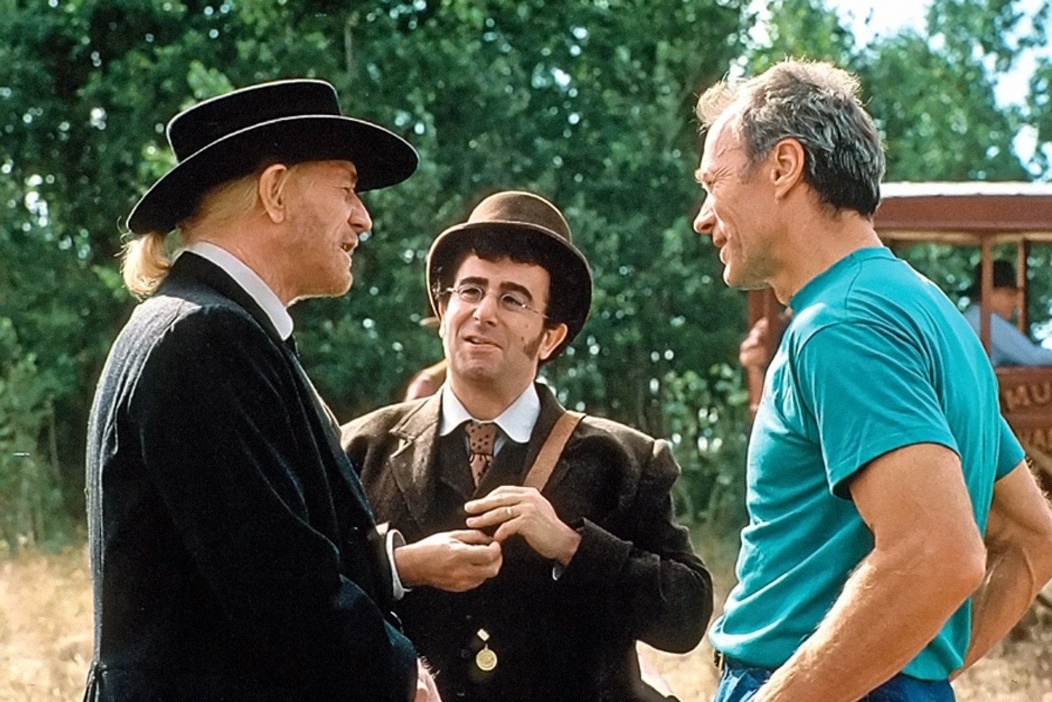
A change Eastwood did make was to remove the opening voice-over narration that Webb Peoples had written and replace it with the title text we see at the start of the movie.
18/32


18/32


The Canadian Union wanted Eastwood to film in Canada but if you work in a different country the rules are that you typically hire local crew. The Union waived the rules for crew members who could prove they’d worked on 5 Eastwood movies. That ended up being 50 people.
19/32
19/32
Unforgiven is set in the fictional town of Big Whiskey. wanted the town to be created as one huge set. So Production designer Henry Bumstead and his team built the whole Big Whiskey set in 32 days on a prairie in Alberta with no signs of civilisation in any direction.
20/32
20/32
The windmill that shows up in several shots wasn’t part of the set – it was there beforehand and still operational. It was later donated to the Dow Wetlands Preserve in California and, reportedly, is still pumping water today.
21/32


21/32


To maintain the Old West realism Eastwood wanted, he came up with a rule. No cars or modern vehicles were allowed anywhere near the set. The set has been preserved and still stands in Alberta today.
22/32


22/32


The rain was all artificial but, with Canada prone to wintery conditions, the snow was real, and unexpected. Eastwood used this to the film’s favour, shooting Munny nursing his wounds after his beating to give a suitably chilly tone.
23/32


23/32


The train sequences were shot in Sonora, California. This area was chosen due to its real 19th-century railroad track. It still operates today as part of a historic park and is known as the movie railroad.
24/32



24/32



The composer was Lennie Niehaus, who knew Eastwood after serving in the US Army. They shared a love of jazz, and Niehaus had scored Eastwood’s previous few films. Niehaus did the heavy lifting but Eastwood came up with the main theme’s melody himself.
25/32


25/32


Jack N. Green was the Director of Photography on Unforgiven and also a long-time collaborator. This was the 5th time he’d worked with Eastwood after Heartbreak Ridge, Bird, White Hunter, Black Heart, and The Rookie.
26/32




26/32




Not long before the film was released, two of Eastwood’s directing mentors had died – Sergio Leone in 1989, and then Don Siegel in 1991. In a nice touch, Eastwood dedicated Unforgiven to both Leone and Siegel.
27/32


27/32


In 2013, Ken Watanabe starred in Unforgiven, directed by Lee Sang-Il – a remake of Eastwood’s film, with the wild west exchanged for early 20th century Japan. It’s a beat for beat remake in terms of the narrative, and has 94% on Rotten Tomatoes. Worth checking out.
28/32




28/32




Having never been so much as nominated at the Oscars before, Eastwood held a longstanding belief that he would never win one. He’d said the reasons were: “First, I’m not Jewish. Secondly, I make too much money. Thirdly, and most importantly, because I don’t give a f***.”
29/32


29/32


That changed this time round - Unforgiven was a darling at the Oscars. Eastwood was nominated for Best Actor and won Best Director. And the film itself took home the Best Picture award.
30/32
30/32
On a very small budget of $14.4m, Unforgiven grossed $159.2m at the box office. One of Eastwood’s most commercially successful movies, and today it is regarded as a classic that transcends its genre.
31/32




31/32




To finish on Unforgiven, the brutal final shootout…
32/32
32/32
If you liked this thread, please RT the first tweet…
https://twitter.com/ATRightMovies/status/1688483122101301248?s=20
Our latest podcast is on FIGHT CLUB. Full of big laughs and opinions so please give it a listen 😀
alltherightmovies.com/podcast/fight-…
alltherightmovies.com/podcast/fight-…
• • •
Missing some Tweet in this thread? You can try to
force a refresh

 Read on Twitter
Read on Twitter








